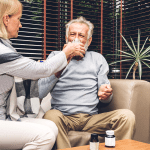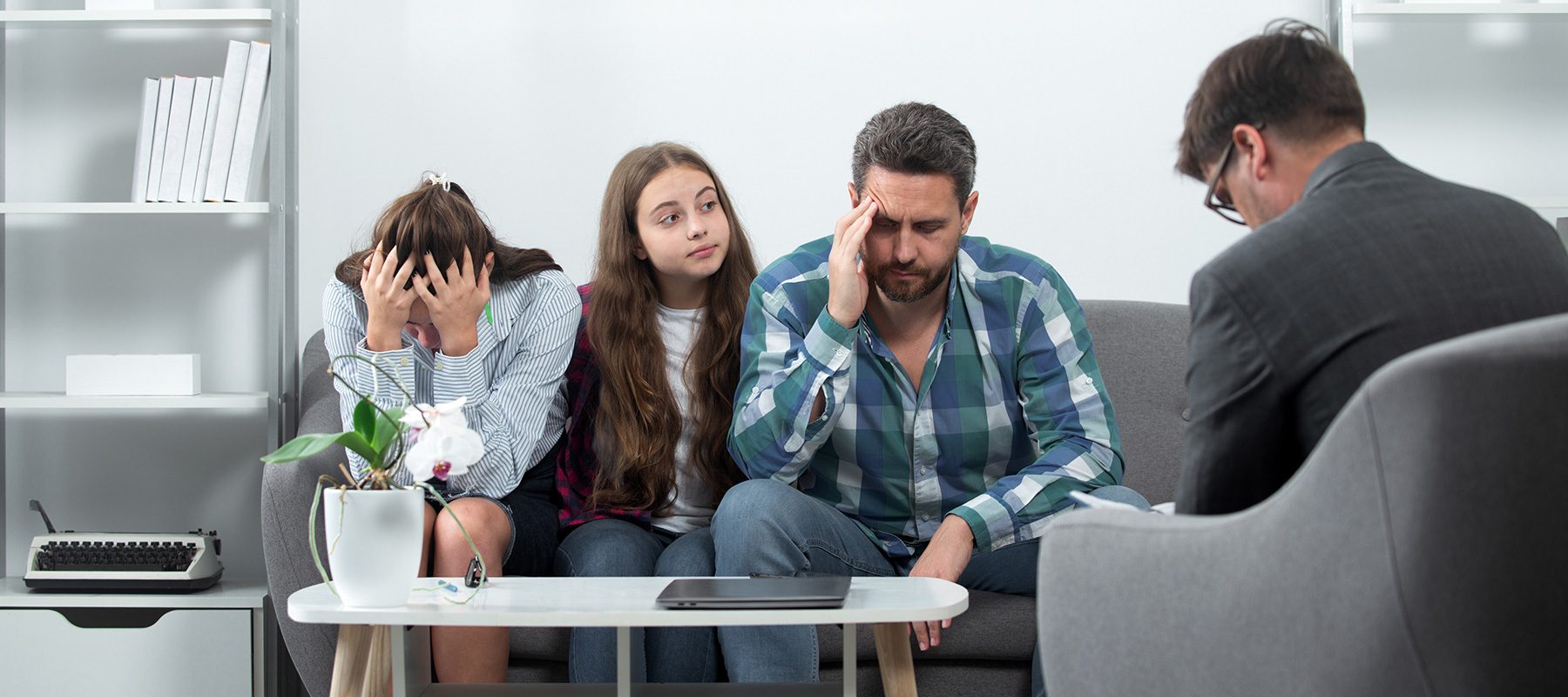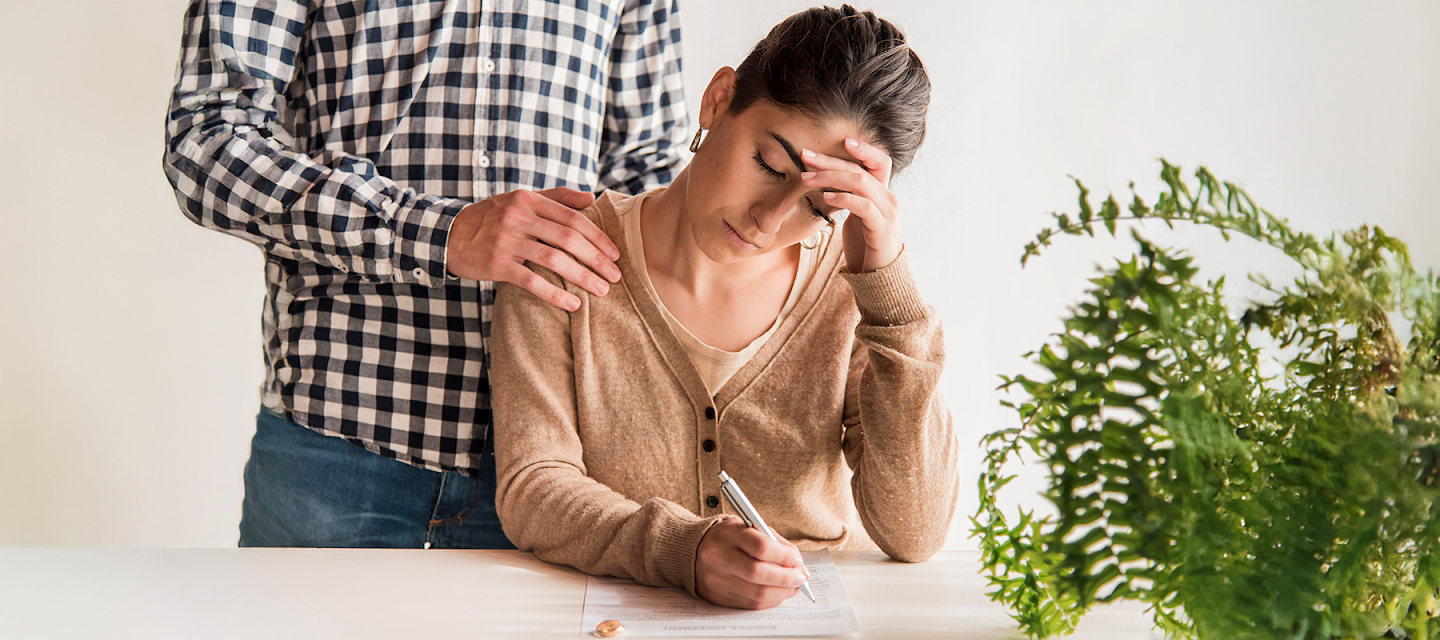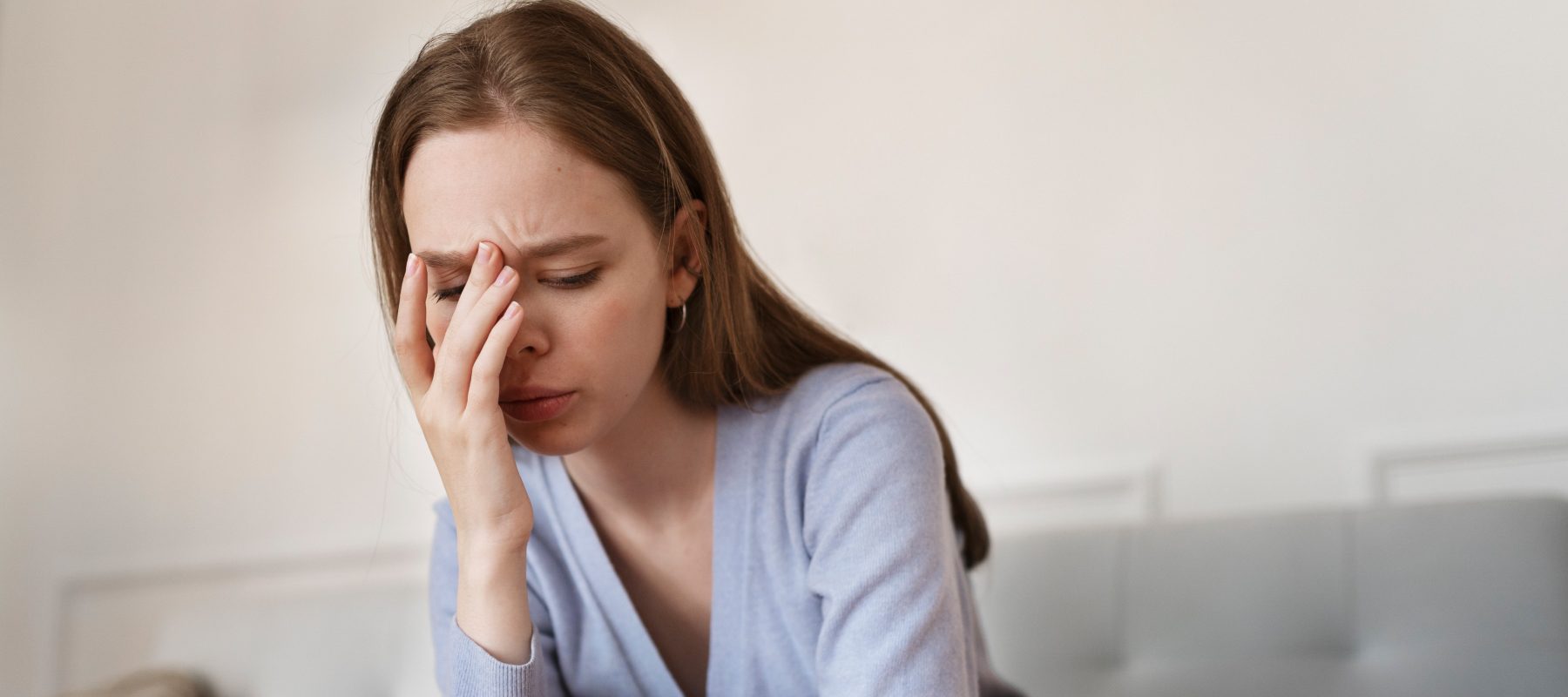Social anxiety is a person’s tendency to feel over-anxious in any social setup. People with social anxiety often experience immense discomfort in social events. It’s not just about feeling nervous or worried in a social situation. Beyond nervousness, social anxiety usually produces severe symptoms like rapid heartbeat, over-sweating, excessive headache, trembling, and dizziness.
A person with social anxiety often withdraws themselves from every type of social situation. Even hearing or thinking about a social event makes them anxious. Although this condition is a severe mental illness, there is still a lack of awareness. Social Anxiety Disorder is one of the most overlooked health conditions. In this article, we will talk about the symptoms of social anxiety. Here, we will also unfold the root causes of social anxiety and explore some treatment options.

Symptoms of Social Anxiety
To cure or cope with social anxiety, we must gather proper insights about the symptoms of social anxiety. Although symptoms might vary according to the severity, still some symptoms are common and persistent for everyone suffering from this stubborn anxiety issue. Here, we are listing the most common and persistent symptoms.
Extreme Nervousness
Extreme nervousness in a social situation is one of the hallmark signs of social anxiety. Individuals with social anxiety often showcase persistent nervousness and excessive fear while attending a social event. This problem becomes more severe with time and badly impacts everyday life.
Rapid Heartbeat & Over Sweating
Individuals with social anxiety often experience rapid heartbeat and over-sweating when introduced to a social situation. They usually feel like having a heart attack. This condition is primarily associated with the symptoms of panic attacks. Some patients even experience excessive breathing trouble during crowded social events. This condition worsens if it remains untreated.

Withdrawal Behaviors
Withdrawing yourself from every social event is one of the most evident symptoms of social anxiety. Excessive avoidance of social setups often causes isolation and antisocial behaviors. Eventually, the patients start withdrawing themselves from every kind of social interaction. Gradually, it becomes so severe that a person refuses to meet friends, visit their offices, and seek medical help.
What Causes Social Anxiety?
Addressing the cure of social anxiety often begins with discovering the root causes of this severe mental illness. However, the root cause of social anxiety is influenced by multiple factors. Also, it might differ from person to person.
Traumatic Experiences
Traumatic social experiences often trigger excessive social avoidance. People who have had embarrassing experiences at a particular social event usually fear attending any further social event. Also, traumatic childhood experiences such as bullying, abuse, rejection, and harassment frequently contribute to the severity of social anxiety. A person with a history of excessive group bullying in school usually refuses to attend such events.
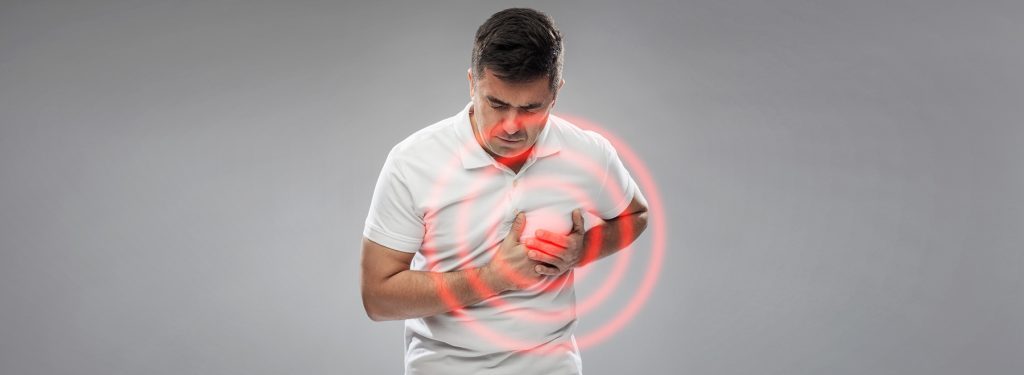
Genetics & Heredity
Researchers have seen or identified a strong positive correlation between genetics and social anxiety disorder. According to the research evidence, a person with a family record of social phobia is more likely to develop social anxiety at any stage of their life. Therefore, if social anxiety runs in one’s family, the future generation may experience it at a certain point.
Chemical Imbalances
According to the research evidence, the severe symptoms of social anxiety are often triggered by chemical imbalances in the brain. Certain chemicals or neurotransmitters like serotonin, dopamine, and norepinephrine have a direct contribution in causing anxiety. Any imbalance in these neurotransmitters can lead to severe anxiety.
Cure of Social Anxiety
While dealing with social anxiety can feel like one of the toughest battles in the world, there are some practical ways to cure social anxiety. Following the proper treatment methods can reduce the severity of your anxiety and take you back to the routine.
Exposure therapy
Exposure therapy aims to reduce social anxiety by gradually exposing one to a social situation. This therapy aims to build courage to face a social situation. It often helps to cure the problem from its roots. When a person gets habituated to dealing with social crowds, their social anxiety starts to reduce automatically.
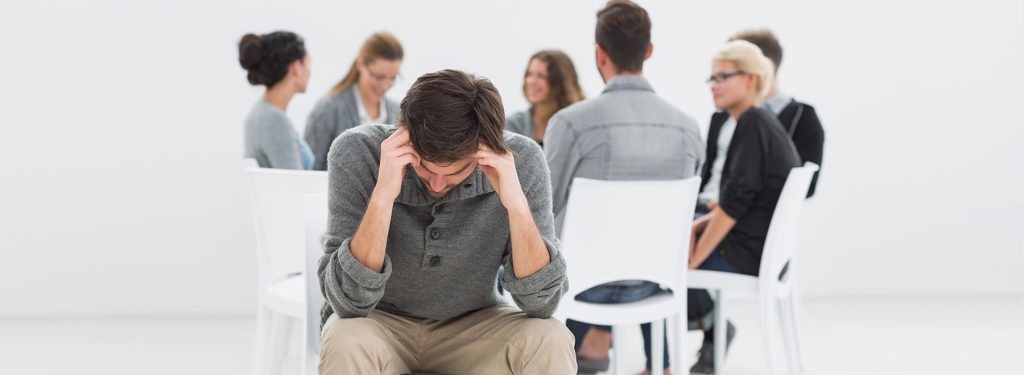
Breathing Exercises
Deep breathing exercises often ease anxiety symptoms and offer instant relief from symptoms of social anxiety, such as breathing difficulties, over-sweating, trembling, and more. For a more desirable result, it’s advised to practice such deep breathing exercises once in the early morning.
Counseling
Counseling is another effective way to treat stubborn anxiety issues. It aims to identify your fear and tries to reduce it by modifying your thoughts and behaviors. Here, the counselor often arranges various sessions where the patient feels free to talk about their traumatic experiences, fears, thoughts, and insecurities. However, one must attend all counseling sessions mindfully to see the desirable progress.
Medicines
If chemical imbalances trigger anxiety, medicines are the only way out. Few antidepressant medicines treat this chemical imbalance and reduce the severity of anxiety. It also stimulates the production of neurotransmitters in your brain, reducing stress and promoting calmness in your brain.
Mindfulness & Meditation
Mindfulness encourages one to live in the present moment and forget the worry for the future. Practicing mindfulness daily can offer long-term relief from anxiety. It calms your brain and lets you focus on the present moments.
Also, practicing meditation helps control these annoying signs of social anxiety. It offers tranquility and reduces negative thoughts and fears. Devoting some time to meditation even helps increase the effects of happy hormones such as serotonin and endorphins. However, one must consider meditation a mandatory part of one’s daily routine. Regular practices of mindfulness and meditation can bring significant improvements.

Conclusion
Dealing with social anxiety may feel like the biggest challenge, but remember, social anxiety is curable. One can begin the healing journey by identifying the symptoms, acknowledging the fear, and addressing the root causes. Whether through meditation and lifestyle changes or strong medical support, with your constant willingness to get better, you will achieve a speedy recovery. So, let’s step into the journey of knowing ourselves better and discovering what makes you fearful. By discovering fear-triggering issues, you will manage, eliminate, or overcome them.
Get the latest updates on health and wellness with World of Heal!
We’re also offering exciting guest posting opportunities—email us at affiliates[@]prasarnet[.]com to find out more!

Pamela is a creative content writer and editor with experience working with various multinational agencies. She is known for her dynamic approach and enthusiasm in publishing engaging and insightful articles.






